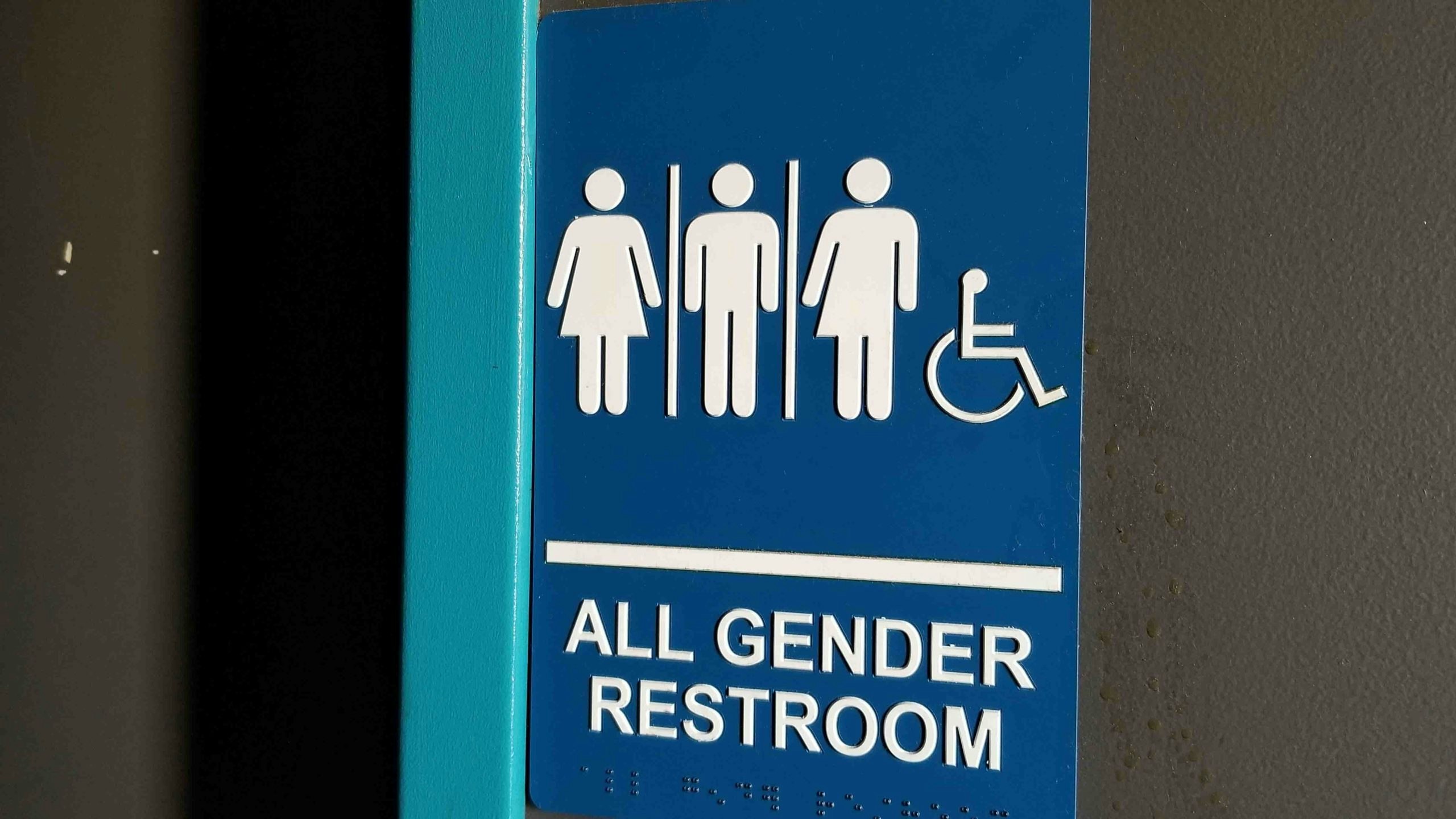Wyoming school authorities are consulting with legal counsel in order to determine the state’s response to new federal gender-identity-friendly policies. The requirements are linked to millions of dollars in school meal funding.
The United States Department of Agriculture (USDA) announced May 5 that all state and local agencies funded by its sub-agency the Food and Nutrition Service (FNS) must update nondiscrimination policies to include protections for gender identity and sexual orientation.
The Wyoming Department of Education in the past two fiscal years has received roughly $90 million per year in FNS funding.
USDA is reinterpreting Title IX of the federal education amendments to include the two protected groups, in reflection of a recent court decision and a January 2021 executive order by President Joe Biden promoting LGBTQ nondiscrimination measures, a USDA announcement said.
A federal court in Florida in 2020 ruled that barring a public-school student from using the bathroom consistent with his gender identity constitutes gender identity discrimination.
The Wyoming Department of Education is reviewing the issue with its attorney.
In a Thursday email to Cowboy State Daily, Linda Finnerty, spokeswoman for the Wyoming Department of Education, said her agency did not have a comment on the policy change but is looking into it, along with the attorney general’s office and the governor’s office.
‘Does This Mean All Activities?’
Brian Farmer, executive director for the Wyoming School Boards Association, said his agency also is working with legal counsel to interpret the USDA funding requirement.
“We’re kind of working with our legal team and some folks at the Wyoming Department of Education, just seeing what we think that might mean for us,” said Farmer.
He said the mandate could be so broad as to include a blanket mandate for the department and all schools to update their nondiscrimination policies, or it could be more specific to lunch food programs.
In food and nutrition programs in schools statewide, said Farmer, “there just really isn’t much discrimination that occurs at all.”
If the policy change were narrowly tailored to foods programs, he continued, the state’s schools wouldn’t see many changes.
“And that’s in part what our legal team is working through. Is this limited to the federal dollars related to funding from USDA, or does this mean all activities of the district?” Farmer said.
School foods programs in Wyoming do “not necessarily” have their own nondiscrimination policies, said Farmer, as the department and whole school districts do.
The state education department’s non-discrimination policy does not include the two new protected groups under USDA’s mandate.
If the mandate is broad enough to affect school district workings including athletics, then schools that disagree with gender-identity friendly policies in those areas could refuse USDA funding, which includes school food programs, meal service training, and other programs.
“Hypothetically a district could choose not to accept the federal funds for nutrition services, if they felt uncomfortable adding that to, say, a general discrimination statement,” said Farmer, adding that for all of these possibilities, “it’s just too early to say” what the course of action would be.





